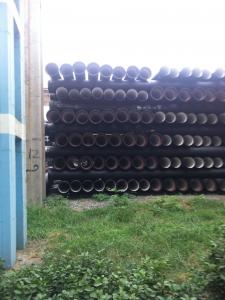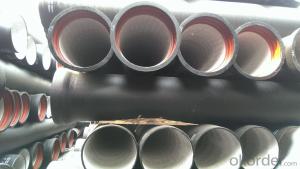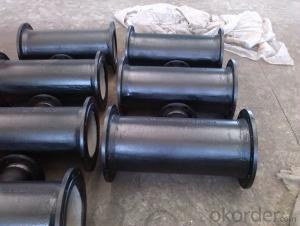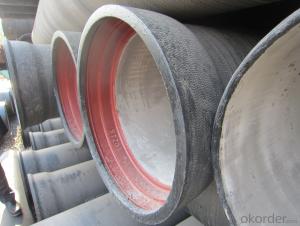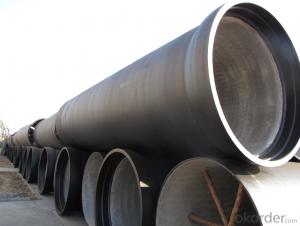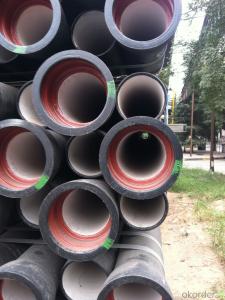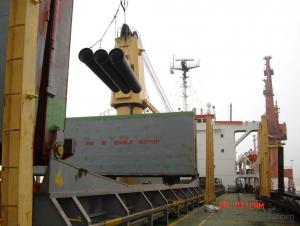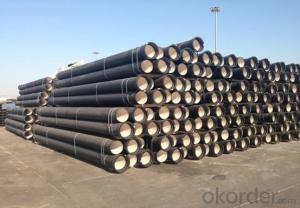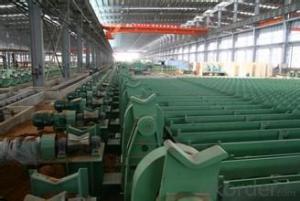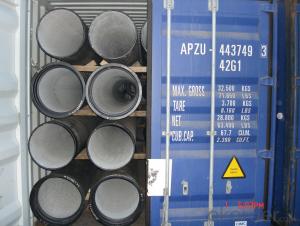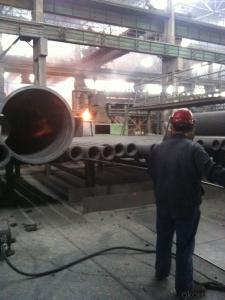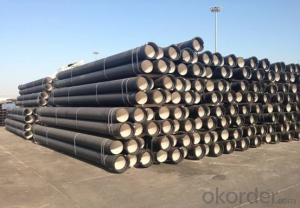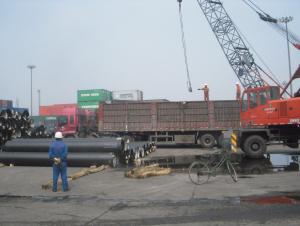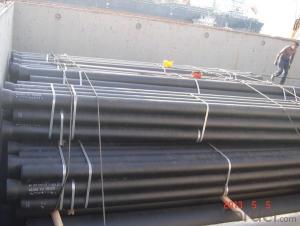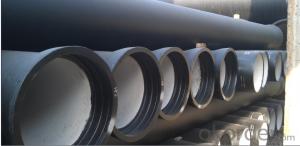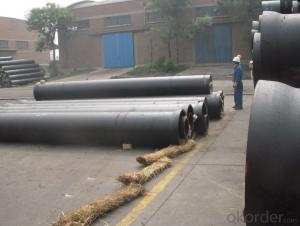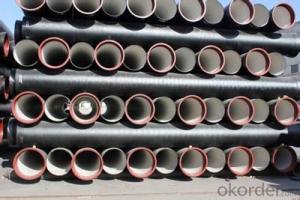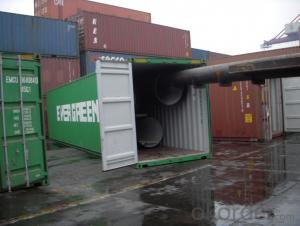All Categories
- - Steel Wire Rod
- - Steel Coils
- - Steel Profiles
- - Steel Pipes
- - Stainless Steel
- - Tinplate
- - Special Steel
- - Steel Sheets
- - Steel Rebars
- - Steel Strips
- - Hot Rolled Steel
- - Cold Rolled Steel
- - Pre-painted Steel
- - Seamless Steel Pipe
- - Welded Steel Pipe
- - Hollow Steel Tubes
- - Galvanized Pipe
- - Stainless Steel Coil
- - Stainless Steel Sheet
- - Stainless Steel Plate
- - Stainless Steel Strips
- - Electrolytic Tinplate Coil
- - Electrolytic Tinplate Sheet
- - Stainless Steel Rebars
- - Solar Panels
- - Solar Water Heater
- - Solar Related Products
- - Solar Inverter
- - Solar Cells
- - Solar Light
- - Solar Energy Systems
- - Solar Controllers
- - Solar Mounting System
- - Solar Pump
- - Solar Chargers
- - Fiberglass Chopped Strand
- - Fiberglass Mesh Cloth
- - Composite Pipes
- - FRP Pultrusion Profiles
- - Fiberglass Mat Tissue
- - Fiberglass Fabrics
- - Fiberglass Mesh
- - Composite Tank
- - Fiberglass Mesh tape
- - Polymer
- - FRP Roofing Panel
- - Fiberglass Roving
- - Monolithic Refractories
- - Ceramic Fiber Products
- - Refractory Bricks
- - Raw Materials For Refractory
- - Suspended Platform
- - Cranes
- - Concrete Machinery
- - Earthmoving Machinery
- - Building Hoist
- - Road Building Machinery
- - Plastic Pipe Fittings
- - Plastic Tubes
- - Plastic Sheets
- - Agricultural Plastic Products
- - Plastic Nets
 All Categories
All Categories
Q & A
What is the typical installation process for ductile iron pipes?
The typical installation process for ductile iron pipes involves several steps. First, the trench is excavated to the required depth and width. Next, a bedding material such as sand or crushed stone is placed at the bottom of the trench to provide a stable base for the pipe. The pipe sections are then laid in the trench, ensuring proper alignment and grade. Joints between the pipe sections are sealed using gaskets or mechanical couplings. Finally, the trench is backfilled with the excavated soil or other suitable material, compacted in layers to provide support and prevent settling.
Are ductile iron pipes susceptible to cracking or breaking?
Ductile iron pipes are generally resistant to cracking or breaking due to their unique composition and mechanical properties. Unlike traditional cast iron pipes, ductile iron pipes are designed to be more flexible and less brittle, making them less susceptible to fractures or failures. However, extreme external forces, such as heavy impacts or improper installation, can still potentially cause cracking or breaking in ductile iron pipes. Therefore, proper handling, installation, and regular maintenance are crucial to ensure their long-term durability and reliability.
Are ductile iron pipes more expensive than other types of pipes?
Yes, ductile iron pipes tend to be more expensive than other types of pipes due to their superior strength, durability, and longevity.
Wholesale Ductile Iron Pipes from supplier in Netherlands
Our comprehensive sales, quoting, and technical support services ensure that you receive the best possible solutions for your Ductile Iron Pipes needs. As a subsidiary platform of CNBM, a Fortune Global 500 company, we have the resources and capabilities to deliver all-inclusive procurement solutions in the Netherlands.
The Netherlands is a country known for its picturesque landscapes, iconic windmills, and vibrant cycling routes. With a population of over 17 million, the country is densely populated and offers a thriving market for Ductile Iron Pipes products.
One of the key areas of expertise in the Netherlands is water management. As a country largely situated below sea level, the Dutch have developed advanced systems to prevent flooding, including dikes, canals, and pumping stations. This expertise in engineering and infrastructure development makes the Netherlands an ideal market for our Ductile Iron Pipes products.
The Netherlands has a diverse and dynamic economy, with a strong focus on international trade. Major industries such as agriculture, manufacturing, logistics, and financial services thrive in the country. Amsterdam, the capital city, is a major financial hub and attracts businesses from around the world.
In addition to its economic strength, the Netherlands also has a rich cultural heritage. The country is home to world-class museums, hosting renowned artworks and historical artifacts. Festivals and events, such as King's Day, provide opportunities for cultural celebrations and community engagement.
In conclusion, our company is committed to providing high-quality Ductile Iron Pipes products and services in the Netherlands. With our expertise and the Netherlands' reputation for innovation and economic prosperity, we are confident in our ability to meet your project requirements and contribute to your success.
The Netherlands is a country known for its picturesque landscapes, iconic windmills, and vibrant cycling routes. With a population of over 17 million, the country is densely populated and offers a thriving market for Ductile Iron Pipes products.
One of the key areas of expertise in the Netherlands is water management. As a country largely situated below sea level, the Dutch have developed advanced systems to prevent flooding, including dikes, canals, and pumping stations. This expertise in engineering and infrastructure development makes the Netherlands an ideal market for our Ductile Iron Pipes products.
The Netherlands has a diverse and dynamic economy, with a strong focus on international trade. Major industries such as agriculture, manufacturing, logistics, and financial services thrive in the country. Amsterdam, the capital city, is a major financial hub and attracts businesses from around the world.
In addition to its economic strength, the Netherlands also has a rich cultural heritage. The country is home to world-class museums, hosting renowned artworks and historical artifacts. Festivals and events, such as King's Day, provide opportunities for cultural celebrations and community engagement.
In conclusion, our company is committed to providing high-quality Ductile Iron Pipes products and services in the Netherlands. With our expertise and the Netherlands' reputation for innovation and economic prosperity, we are confident in our ability to meet your project requirements and contribute to your success.
Hot Search
- Ductile Iron Pipes in Rwanda
- Ductile Iron Pipe Fittings in Cameroon
- Ductile Iron Pipe Fittings in Timor Leste
- Ductile Iron Pipes in Turkey
- Ductile Iron Pipes in Peru
- Ductile Iron Pipes in Kuwait
- Ductile Iron Pipes in Egypt
- Ductile Iron Pipes in Serbia
- Ductile Iron Pipe Fittings in Ireland
- Ductile Iron Pipe Fittings in Libya
